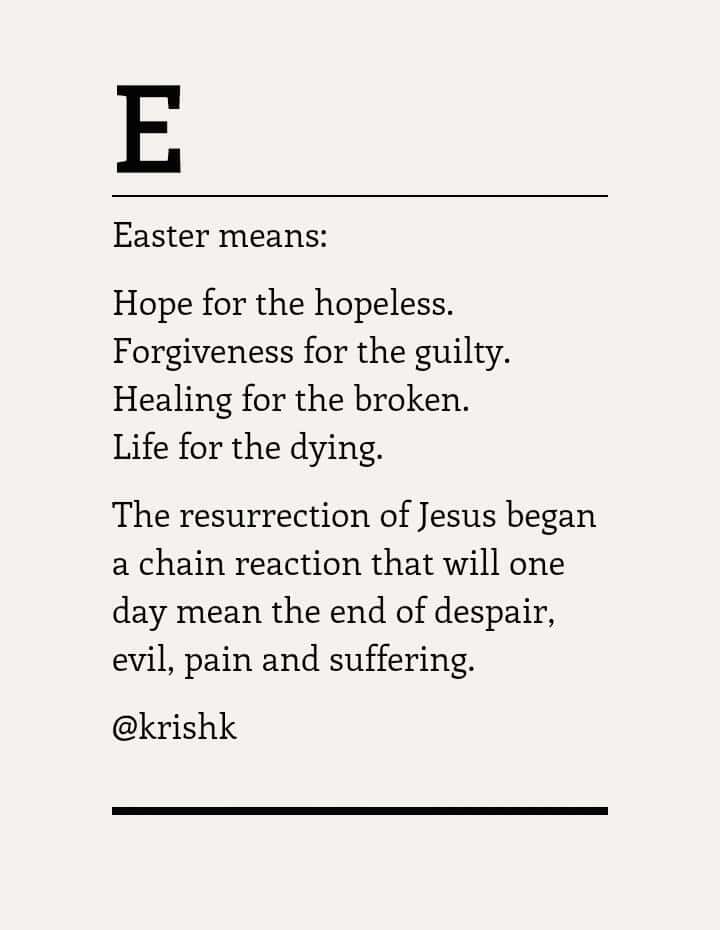Understanding Easter: A Joyful Guide for Parents
Hey there, amazing parents! Are you ready to hop into the springy spirit of Easter and share its timeless stories and traditions with your little bunnies? Easter isn’t just about hidden eggs and chocolatey treats; it’s a festival teeming with historical significance and heartfelt meaning. So, let’s take a peek behind the curtain and discover the wonders of Easter together!
What Exactly Does Easter Celebrate?
Easter is a Christian holiday that celebrates the resurrection of Jesus Christ from the dead. Described in the New Testament of the Bible, this miraculous event is said to have occurred three days after Jesus was crucified by the Romans and buried in a tomb. But beyond the church walls, Easter symbolizes the joyous arrival of spring, a time when flowers bloom and new life begins. It’s a lovely blend of spiritual growth and nature’s renewal, making it a festival of hope and rejuvenation.
How Can We Explain Easter to Our Children?
Explaining Easter to kids can be as fun as an egg hunt on a sunny morning! Begin with the basics—the story of Easter is about hope, new beginnings, and the victory of life over death. For younger tots, keep the story light and focus on the themes of love and kindness. With older kids, you can delve a little deeper into the historical and religious aspects if your family tradition so desires.
Here’s a quick snippet on how you can weave the story for your children:
Long ago, a man named Jesus brought a message of love and peace to the world. He performed many good deeds and taught people to care for one another. Easter marks the day he was seen alive again after everyone thought he could never return. This surprises and cheers everyone, reminding us that hope and love are the most powerful forces in the world. And that’s why Easter is a time to be happy and kind, just like Jesus!
The Symbolism Behind Easter Traditions
Easter is rich with symbols and traditions that have been passed down through the ages. The egg, for instance, stands as a symbol of new life and rebirth. Decorating eggs is not only a crafty adventure for kids but also a way to discuss the meaning of new beginnings. The Easter bunny, with its prolific nature, represents fertility and the possibility of life’s continuation. Even the joyous Easter parades with their bonnets and blooms can be seen as a celebration of life’s beauty and diversity.
Celebrating Easter: From Sunrise Services to Scavenger Hunts
There’s something for everyone during Easter! Dawn brings shimmering sunrise services for those who observe the religious heart of Easter, while bustling egg hunts make the day merry for families all around. Don’t hesitate to create your own traditions too! Perhaps a yearly making of the “resurrection rolls” where a marshmallow (symbolizing Jesus) “disappears” from inside a crescent roll tomb, serving both as a tasty treat and a teaching tool. A scavenger hunt for clues leading to an understanding of Easter’s history can turn your backyard into a playground of learning and laughter.

Five Things Parents Should Know When Preparing for What Easter Means
Easter is a unique occasion filled with joy, reflection, and family-centric activities. But before you set out on this springtime journey, there are a few important things to keep in mind. Here are five essential pointers to guide you and your family in celebrating and understanding the essence of Easter:
1. Balancing the Secular and the Sacred
While embracing the fun aspects of Easter like the Easter Bunny and egg hunts, it’s also important to acknowledge and respect the holiday’s religious roots if they align with your family’s beliefs. Create a blend of activities that honor both the playful and the profound aspects of Easter, ensuring your children appreciate its full scope.
2. Engaging in Age-Appropriate Discussions
Tailoring the conversation about Easter’s significance to your child’s age is key. While older children might be ready for more detailed stories and discussions about faith and resurrection, younger ones might benefit more from simple messages about love, kindness, and springtime renewal.
3. Cultural Awareness
Easter is celebrated in various ways around the world, and this can be a wonderful opportunity to teach your children about different customs and traditions. It can foster an appreciation for diversity and open-mindedness.
4. Creating and Continuing Traditions
Traditions create lasting memories and a sense of belonging. Whether it’s dyeing Easter eggs, attending a local event, or reading an Easter story before bedtime, these rituals become the precious threads in your family’s tapestry.
5. Reflecting on Personal Values
Easter can serve as an ideal time to reflect with your children on the values that are important to your family. Whether it’s generosity, compassion, hope, or forgiveness, discussing these themes in the light of Easter stories can leave meaningful impressions on young hearts and minds.
Crafting Easter with Creativity: Activities for the Whole Family
Get ready to unleash a burst of creativity that will make this Easter unforgettable! There are countless ways you can craft, play, and learn with your children during this holiday:
- Egg Decorating: Dive into a palette of colors and patterns as you transform eggs into vibrant works of art. Explore different techniques like watercolors, stickers, or natural dyes made from plant extracts.
- Baking Easter Treats: Whisk up some family fun by baking sweet treats shaped like Easter symbols. Kids will love cutting out cookies in the form of bunnies or eggs and decorating them with icing and sprinkles.
- Story Time: Gather around for storytime, with selections that span from classic fairytales with bunnies in their leads to heartwarming Easter stories that share messages of love and new beginnings.
Every moment spent together is an opportunity to bond, learn, and make joyful memories that will last a lifetime.
See more great Things to Do with Kids in New Zealand here. For more information see here
Disclaimer
The articles available via our website provide general information only and we strongly urge readers to exercise caution and conduct their own thorough research and fact-checking. The information presented should not be taken as absolute truth, and, to the maximum extent permitted by law, we will not be held liable for any inaccuracies or errors in the content. It is essential for individuals to independently verify and validate the information before making any decisions or taking any actions based on the articles.




